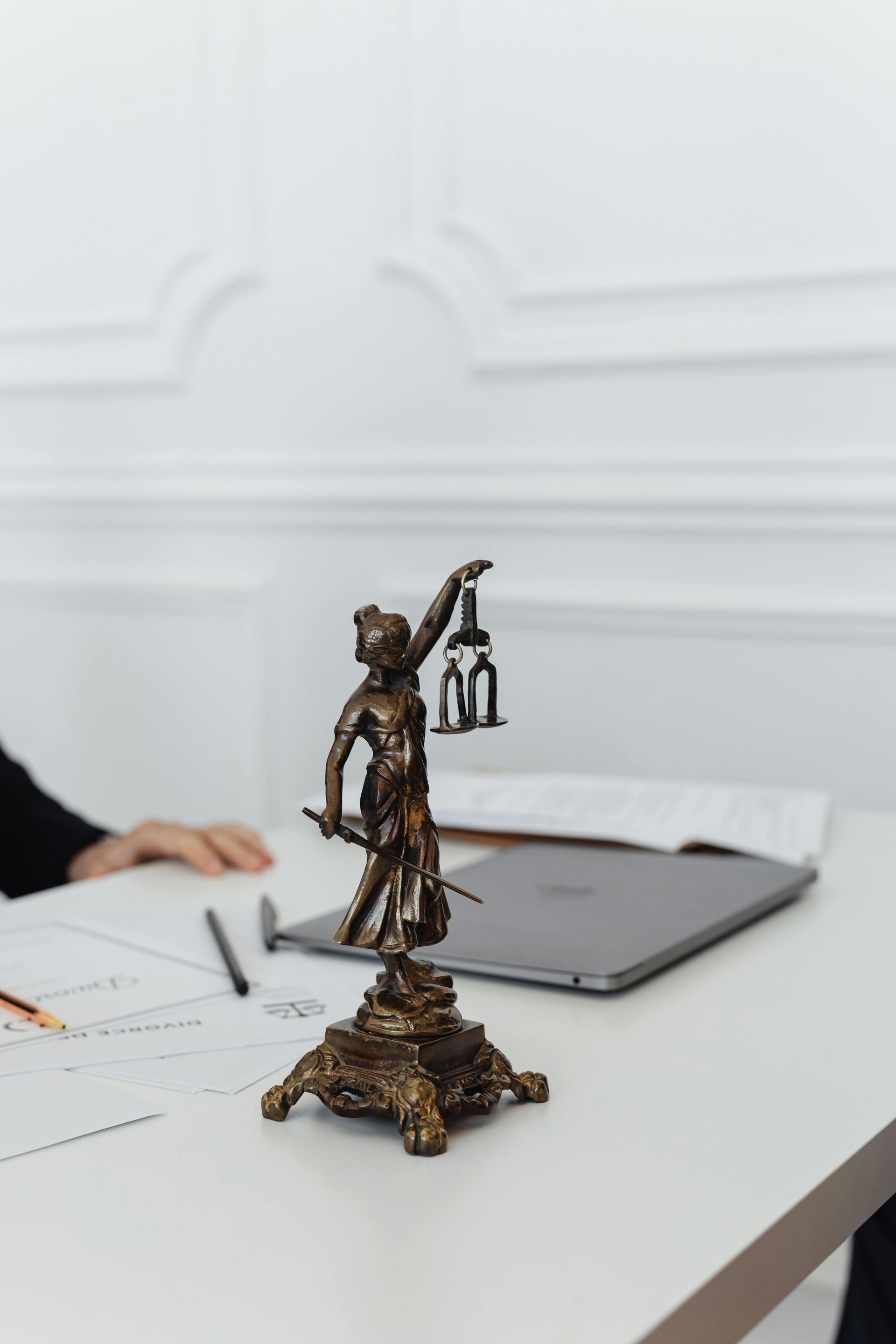What happens If I die without a will?
Having a will is one of the most crucial things you can do for your loved ones. However, despite its importance, many people still die without one. If you live in New York and haven't created a will, your estate will be distributed according to the state law rather than your wishes. Without a clear plan for your assets postmortem, you leave your loved ones to deal with the complex probate process that can result in disputes, delays, and additional expenses. In this blog post, we will explore the consequences of dying without a will in New York and why it's vital to have one.
1. New York Intestacy Law:
When you die without a will in New York, the state's intestacy laws determine who inherits your assets. These laws outline a strict distribution scheme based on your familial relationships. If you're married, your spouse receives the first $50,000 and half of the remaining estate. The other half is divided equally between your children, or their descendants if they're no longer alive. If you don't have children, your spouse inherits all your assets. If you're unmarried with no children living, your assets will go to your parents, and if they're not alive, your siblings, and so on.
2. Probate Process:
If you die without a will, the probate process can be lengthy and complicated, causing several problems for your loved ones. The court appoints an administrator to handle your estate, which can take a long time to complete. The administrator must settle any outstanding debts owed by the estate, such as taxes and claims by creditors. This process can put a significant financial burden on your loved ones since your assets are frozen during the settlement.
3. Disputes:
Another potential problem with dying without a will is that your family members may dispute the distribution of your assets. Suppose you have minor children, stepchildren, or other family members not listed on the distribution list. In that case, they may challenge and contest the inheritance, leading to significant time and legal expenses.
4. No Control:
Not having a will means you're unable to control what happens to your estate after your death. You have no say over who receives your personal property, business, real estate, or any other assets. This problem can be especially troubling if you have a blended family or want to make charitable donations after your passing.
5. Estate Tax:
If you die without a will in New York, your estate is subject to the state's estate tax laws. Currently, the state's estate tax rate ranges from 3.06% to 16%. If your estate is worth more than $5.93 million, your heirs could face a significant tax burden.
Creating a will is crucial if you want to protect your loved ones and control what happens to your assets after your passing. Dying without a will in New York can lead to significant legal, financial, and emotional issues for your family members. Having a clear plan for your estate can give them peace of mind and avoid potential disputes and delays in the probate process. Speak to an experienced estate planning attorney to create a will that suits your unique needs and ensures that your legacy lives on after you're gone.









